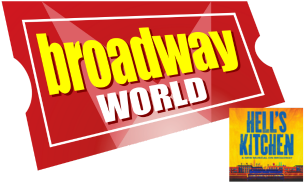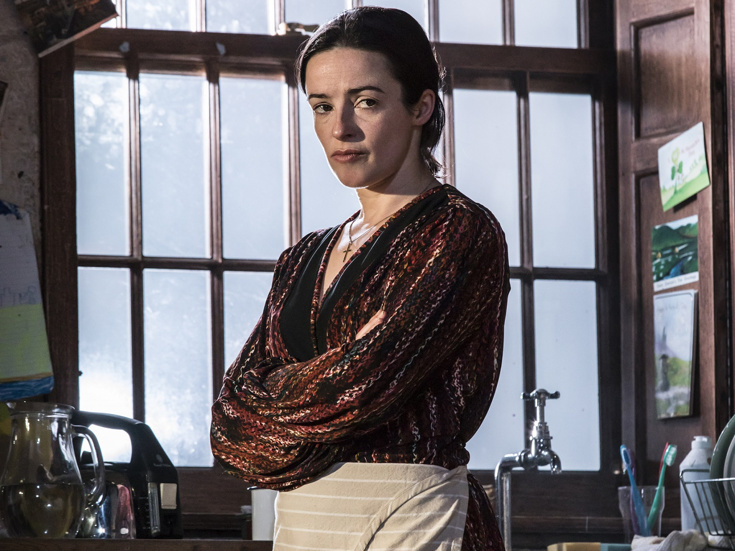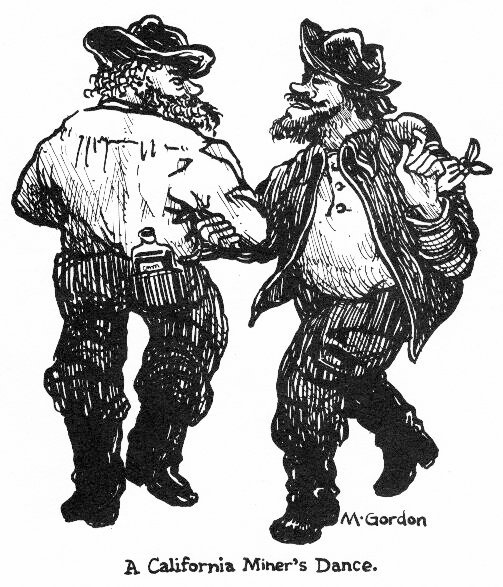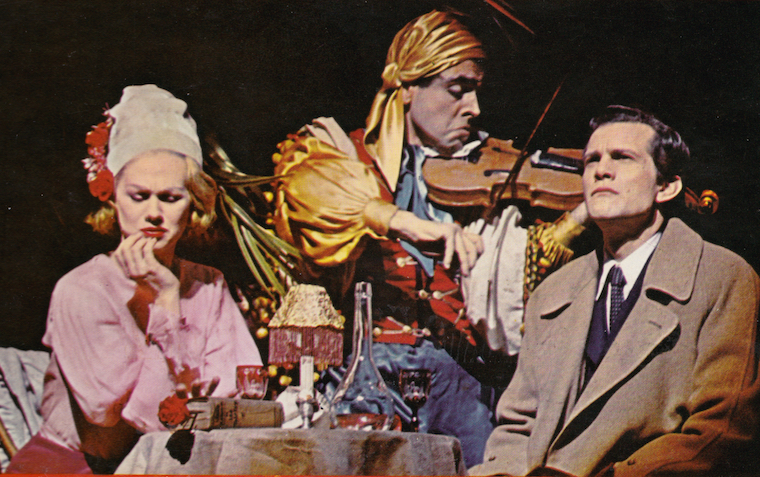Threepenny Opera Question
#1Threepenny Opera Question
Posted: 7/24/14 at 6:54pmI've been thinking about the most recent (ABYSMAL) production at the Atlantic. The thing I remember most is Sally Murphy doing Solomon Song, which was one of the few rather dim highlights. I know with Threepenny it's difficult to nail down which set of lyrics is definitive, but I remember that the ones this production used had "Guess not" as a refrain for Solomon Song. I can't seem to come across any recordings that use this translation. Help, please?
#2Threepenny Opera Question
Posted: 7/24/14 at 7:26pmMy recording (a CD released in 2000) is, I believe, the Marc Blitztein version that played off-Broadway in the 1950s. It starred Bea Arthur, among others. I checked and it does use a "Guess not" refrain.
#2Threepenny Opera Question
Posted: 7/24/14 at 7:41pmThanks! Listening now. Lotte's brilliance, and that last line - "I was thinking about reforming. Guess not." Perfect.
#3Threepenny Opera Question
Posted: 7/24/14 at 7:50pmWhew! I was afraid I was leading you astray. I know the show well, but I'm not an expert on the various translations and recordings.
#4Threepenny Opera Question
Posted: 7/24/14 at 9:57pmThe translation used was by Wallace Shawn, actor and playwright. He classed his version as an adaptation, rather than a translation, as he took some dramatic and character liberties with the piece. As far as I know, it has not been published, and the only bootleg copy of the conductor score is incomplete and choppy, nearly impossible to study.
#5Threepenny Opera Question
Posted: 7/25/14 at 3:44am^That was the Roundabout revival that used the Wallace Shawn adaptation. The OP was discussing the recent Off-Broadway revival at the Atlantic which used a different translation.
#6Threepenny Opera Question
Posted: 7/25/14 at 4:27amThe original German refrain is "beneidenswert, wer frei Davon." A pretty literal translation of that would be "envy those who are free," as in free from desire, greed, etc. The English translations that most preserve the meaning of the German are the one used in the 1976 revival (I don't recall the translator offhand)--"How fortunate the man with none"--and the Shawn translation--"how lucky, ones who lack that trait."
#7Threepenny Opera Question
Posted: 7/25/14 at 8:10am
The full last line in German (the only "definitive" lyrics, as something is always lost in translation) is "Und seht da war es noch nicht Nacht (if you can pronounce this, note the poetic alliteration not only of the N's but the ch's and t's), da sah die Welt die Folgen schon, die Leidenschaft hat uns so weit gebracht, benei dens wert wer frei davon."
This could be translated (my German is not sufficiently extensive to know figures of speech that may have been popular in Berlin in the 20s) as "And see, it wasn't night yet; the world sees the consequences; passion has brought us this far; envy those who are free of it."
I've seen "Leidenschaft" (passion) substituted with "Leidenshaft" (an idea akin to claustrophobia - "imprisonment suffering"), but I think that must be a typo.
#8Threepenny Opera Question
Posted: 7/25/14 at 9:55amI'm not sure, then, exactly what the Atlantic used, but the "I was thinking about reforming- guess not" closing line is definitely cribbed from the Shawn adaptation. Maybe Atlantic used a hodge-podge.
#9Threepenny Opera Question
Posted: 7/25/14 at 3:23pm
I'm fairly certain that the Atlantic revival used the '50s Blitzstein translation.
As for other translations, that one probably works the best. While the '76 version is the most faithful, it lacks a certain spark as if it was translated too literally. There's a radio broadcast out there of the late '80s translation (from 3 PENNY OPERA with Sting) that's on the more literal side but seems a little better. I missed the Roundabout version, although I've heard the horror stories.
Rinaldo
Understudy Joined: 5/5/09
#10Threepenny Opera Question
Posted: 7/25/14 at 5:46pm
Any version that uses "guess not" at that point is definitely cribbing from the Blitzstein, as those two syllables don't even exist in the original German -- the vocal line stops just before.
Note, however, that the MGM recording of the famous 1950s production itself doesn't represent Blitzstein's translation intact; he was informed during the recording that some of the lines were too risqué to be recorded, and he had to invent "clean" substitutes on the spot in the studio. Has his version ever been recorded intact, in fact?
#11Threepenny Opera Question
Posted: 7/25/14 at 6:49pmThe BBC Radio cast recording is pretty great, performance-wise. In terms of recordings using the uncut Blitzstein, the "Mack the Knife" musical film mixed the censored Blitzstein, uncensored Biltzstein, Ralph Manheim and some original lyrics together.
#12Threepenny Opera Question
Posted: 7/25/14 at 10:37pmI find it amusing that they considered some of Blitzstein's lyrics as "risqué" when they really are rather tame compared to other translations.







